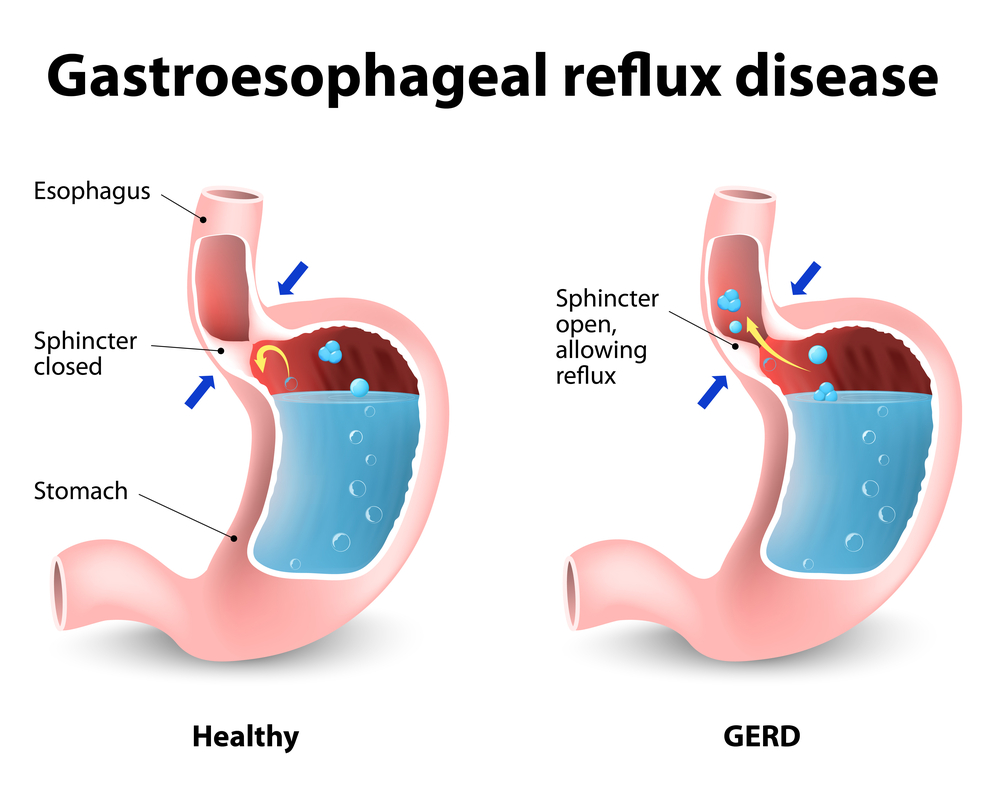The role of Dexlansoprazole in the management of Gastro-Esophageal Reflux Disease (GERD)
Gastro-Esophageal Reflux Disease (GERD) is a chronic disorder of the
digestive system caused by the lower esophageal sphincter not closing properly.
This can allow stomach acid, bile into esophagus, causing inflammation and, in
some cases, tooth erosion.
Heartburn and acid regurgitation are the main symptoms of GERD, though some people have GERD without heartburn. When symptoms are chronic, GERD can interfere with sleep and other daily functions, as well as progress to more serious conditions.
Dexlansoprazole DDR is well tolerated and can be taken with
or without food.

Doctors Liked to Read More
Dexlansoprazole Dual Delayed
Release (DDR) has been shown to be
highly efficacious in healing erosive esophagitis, maintaining healed
esophageal mucosa in patients with erosive esophagitis and controlling symptoms
of patients with nonerosive reflux disease (NERD).
Recent studies have also demonstrated that Dexlansoprazole DDR is highly effective in improving nocturnal heartburn; gastroesophageal reflux disease (GERD) related sleep disturbances and bothersome regurgitation.
Dexlansoprazole modified-release
(MR) is the R-enantiomer of lansoprazole and is currently the only proton-pump
inhibitor (PPI) with a novel Dual Delayed Release (DDR) formulation.
Dexlansoprazole has a dual delayed release (DDR) technology which was designed to prolong the plasma concentration time profile in order to improve symptoms control and esophageal mucosal healing, using a once-daily dose.
https://www.sciencedirect.com/topics/medicine-and-dentistry/gastroesophageal-reflux
https://journals.lww.com/ajg/Fulltext/2013/03000/Guidelines_for_the_Diagnosis_and_Managem
https://www.msdmanuals.com/professional/gastrointestinal-disorders/esophageal-and-swallowing-disorders/gastroesophageal-reflux-disease-gerd?query=Gastroesophageal%20Reflux%20Disease%20
(GERD)
https://www.hopkinsmedicine.org/health/conditions-and-diseases/gastroesophageal-reflux-disease-gerd
https://www.verywellhealth.com/gastroesophogeal-reflux-disease-gerd-5092827
https://gi.org/topics/acid-reflux/
https://emedicine.medscape.com/article/176595-clinical
Note: For informational purposes only. Consult your
textbook for advising your patients.




Comments
You must login to write comment